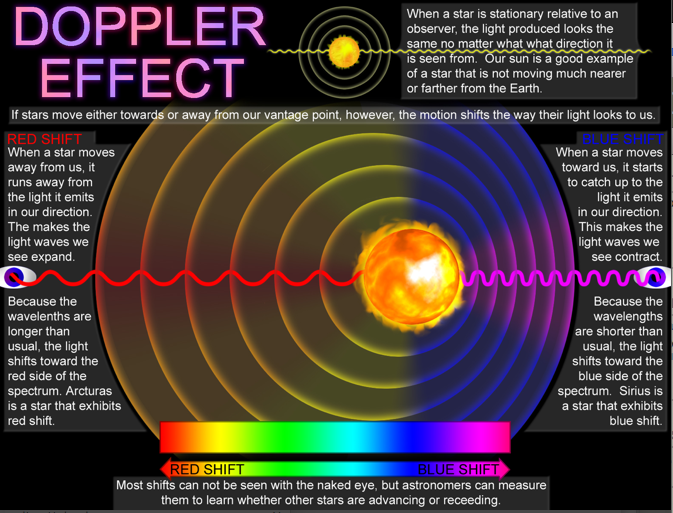

1 It is an intrinsic expansion whereby the scale of space itself changes. Relative to our location, nothing moves faster than light, and. (Someone correct me if I'm wrong about any of this). The expansion of the universe is the increase in distance between any two given gravitationally unbound parts of the observable universe with time. But faster than the speed of light You need to be in the same location in order to measure that. But if the amount of space being added is exceeding the space that could be travelled at the maximum speed of causality, this is really saying that the universe is in a certain sense getting increasingly localized into segments that cannot communicate or affect each other. The expansion of space causes the wavelength of the photon to stretch, so when it arrives at Earth, it has a longer wavelength than when it left.

Somehow the universe is adding extra space in between everything. So if the universe is expanding faster than the speed of light, nothing is actually moving, the space between objects is actually increasing. If as I believe the universe was many millions of miles across a tiny fraction of a second after the big bang, how does that square with the notion that nothing can travel faster than the speed of. The only reason we think of it as the "speed of light" is because this just so happened to be the historical way in which we discovered that there are certain particles/waves that always moved at the maximum speed of causality. Light only moves at the maximum speed of causality because it has no mass and so it takes no energy to accelerate it to the maximum speed. From its orbit 930,000 miles (1.5 million km) above Earth, the Planck satellite spent more than four years detecting the cosmic microwave background a. You actually do not need to know anything about the properties of light to derive the existence of such a maximum speed, and in a certain sense, such a maximum speed must exist because otherwise chains of causality could proceed instantaneously and we would not understand time to be moving forward, or moving at all. Approximately 13.8 billion years: the age of the Universe. The Universe is expanding, but the expansion doesn't have a speed it has a speed-per-unit-distance, which is equivalent to a frequency, or an inverse time. It really should be thought of as the maximum speed at which one event can have any effect on another event somewhere else in the universe. The light days will have small jumps between sets, while the medium and heavy days will have larger steps. But no object is actually moving through the Universe faster than the speed of light. PBS Spacetime actually has a really interesting video on how the speed of light is not really the speed of light but more like the speed of causality.


 0 kommentar(er)
0 kommentar(er)
